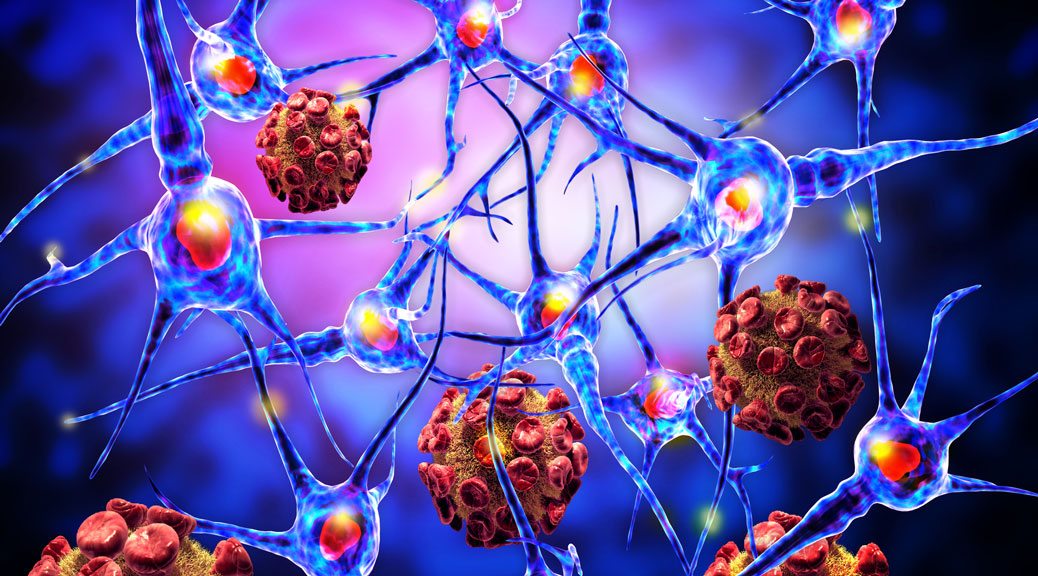Interleukin-23 (IL-23), an IL-12 family cytokine, plays pivotal roles in pro-inflammatory T helper 17 cell responses linked to autoimmune and inflammatory diseases. Despite intense therapeutic targeting, structural and mechanistic insights into receptor complexes mediated by IL-23, and by IL-12 family members in general, have remained elusive.
However, an international group of scientists have now found that the cytokine IL-23 is heavily involved in autoimmune and inflammatory diseases, thereby opening the door to new therapies targeting the molecule.
Prof. Savvas Savvides of the VIB-UGent Center for Inflammation Research, who led the study said, “We were surprised to find that both IL-23 and its receptor change drastically to create an intimate cytokine-receptor interface. In this interface, the receptor uses a functional hotspot on IL-23, enabling it to recruit an essential co-receptor for pro-inflammatory signaling. The binding site of the co-receptor on IL-23 also emerged as an unexpected finding. What we have now discovered about the pro-inflammatory complex mediated by IL-23 appears to be a new paradigm in the field.”
Focusing on the immunomodulatory cytokine IL-23 they discovered that its pro-inflammatory activity, which underlies a wide range of inflammatory diseases, critically depends on structural activation of the cytokine by its receptor, IL-23R. The results
of the study are published in the leading journal Immunity.An estimated 125 million people worldwide are affected by psoriasis and another 100 million by rheumatoid arthritis, while the presence of inflammatory bowel diseases (Crohn’s disease and ulcerative colitis) in ethnic populations and previously unaffected geographical regions is growing at alarming rates.
Since the first description of IL-23 about a decade and a half ago, the structural and molecular basis for the mechanisms underlying the pro-inflammatory activity of IL-23 remained unclear. Prof. Savvides and his team have now shed light on the unique way that IL-23 interacts with at least one of its receptors. In general, cytokines activate receptors. But surprisingly, in the current study, the opposite appeared to be true.
Prof. Savvides (VIB-UGent): “These initial research milestones from our program on IL-23 will be the cornerstone for further research in our own labs and elsewhere. After all, many questions still remain unanswered. For instance: how does IL-23 bind with other possible co-receptors? Furthermore, our insights are expected to fuel the development of new therapeutic strategies against IL-23.”
































